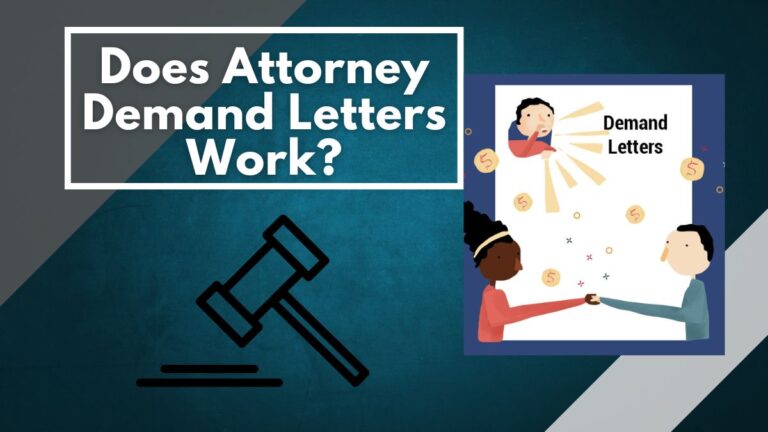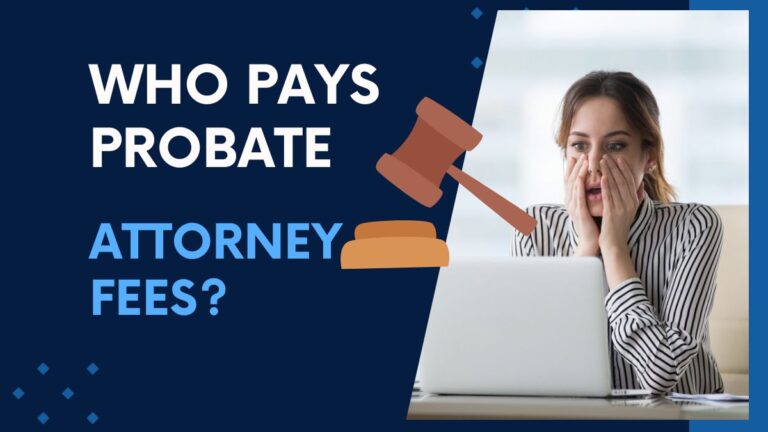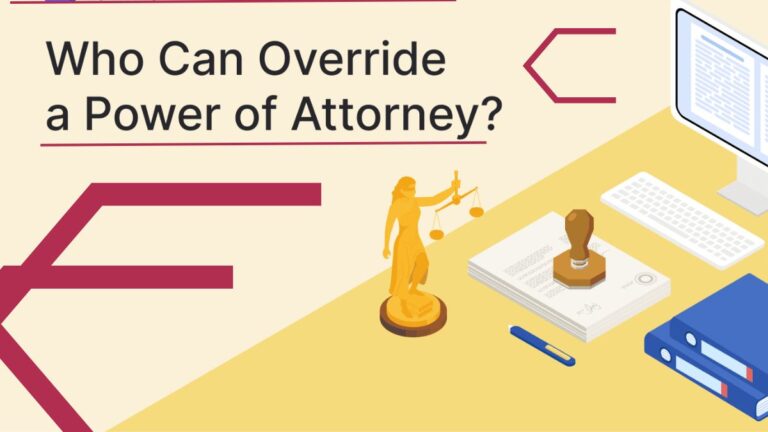Who Pays Attorney Fees In Divorce?
Divorce can be complicated and expensive. Who pays attorney fees in divorce? The answer to this question depends on the particular circumstances of your divorce. In some cases, both spouses may be responsible for paying their own attorney fees. AttorneyGuys can help266 characters
What is the Role of an Attorney in a Divorce?
The role of an attorney in a divorce is to provide legal representation for their client. This may include filing and serving divorce papers, negotiating a settlement, and appearing in court. An attorney can also help their client understand the divorce process and make sure their rights are protected.
Who Pays Attorney Fees in Divorce?
The answer to this question depends on the particular circumstances of your divorce. In some cases, both spouses may be responsible for paying their own attorney fees. In other cases, one spouse may be ordered to pay the other spouse’s attorney fees.
If you are able to reach an agreement with your spouse about who will pay attorney fees, it is important to put that agreement in writing and have it signed by both parties. If you are unable to reach an agreement, the court will likely order one spouse to pay the other’s attorney fees.
In making its decision, the court will consider a number of factors, including each spouse’s financial resources, the need for attorneys’ services, and whether one spouse acted in bad faith during the divorce proceedings.
How Much Do Attorneys Charge for a Divorce?
The cost of a divorce attorney varies based on the complexity of the case, the amount of assets and property to be divided, the number of children involved, and the geographic location. The average hourly rate for a divorce attorney is $250 but can range from $150 to $400 per hour. A typical retainer fee for a divorce attorney is $2,500 to $5,000.
The cost of a divorce can vary greatly depending on the specific circumstances of the case. Some of the primary factors that impact the cost are:
- The number of assets and debts to be divided: If there are numerous assets and debts to be divided, it will likely take longer to reach an agreement and the overall cost will be higher.
- Whether there is disagreement over custody or visitation: If there is disagreement over custody or visitation, it may take longer to reach an agreement and the overall cost will be higher.
- Whether there is a need for a guardian ad litem: A guardian ad litem may be appointed by the court to represent the best interests of minor children in a divorce case. This can add to the overall cost of the divorce.
- The amount of time it takes to reach an agreement: If it takes a long time to reach an agreement, the attorneys’ fees will be higher.
- The complexity of the issues: If the issues in your divorce are complex, it will likely take longer to reach an agreement and the overall cost will be higher.
Pros and Cons of Hiring an Attorney for Your Divorce
When you are considering whether or not to hire an attorney for your divorce, it is important to weigh the pros and cons. On the one hand, hiring an attorney can be expensive. On the other hand, an attorney can provide valuable legal assistance and representation during your divorce proceedings.
Some of the pros of hiring an attorney include:
- An attorney can help you understand your legal rights and options.
- An attorney can negotiate with the other party on your behalf.
- An attorney can represent you in court if necessary.
Some of the cons of hiring an attorney include:
- Attorneys can be expensive.
- You may be able to handle your divorce yourself without an attorney if it is uncontested and both parties are in agreement.
- If you have a limited budget, you may want to consider using a mediator instead of an attorney, which can be less expensive.
Conclusion
In summary, who pays for the attorney fees in a divorce is ultimately decided by the court. It will depend on a variety of factors such as each party’s finances and their ability to pay, as well as which spouse initiated the proceedings.
However, regardless of who ends up paying for legal fees, it’s important that both parties have representation from an experienced professional if they want to ensure a fair outcome and receive proper guidance throughout the process.






